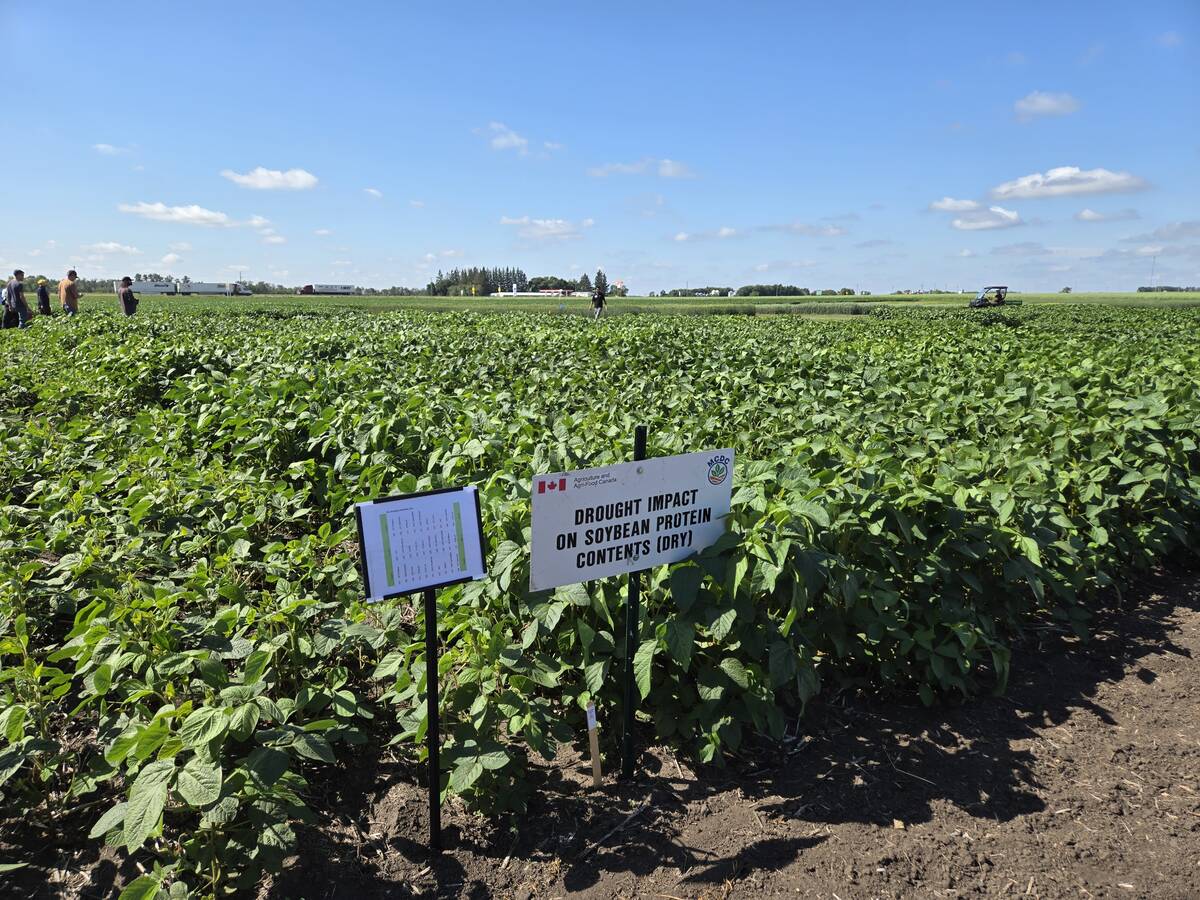The MP who launched the fierce debate about whether economic issues should be part of the registration process for genetically modified varieties is a most unlikely provocateur.
New Democratic Party agriculture critic Alex Atamanenko is a soft-spoken southern British Columbia two-term MP who recently turned 65.
The MP has little agricultural background but is determined to challenge biotechnology industry claims of GMO benefits and inevitability.
His private member’s bill, C-474, would require regulators to consider whether approving a GM variety could hurt farmers by closing GMO-adverse markets to exports.
Read Also

Carberry field day looks for agriculture solutions
Manitoba farmers explored research solutions for resilient crops, perpetual agronomic issues and new kinds of agricultural products at a field day at the Manitoba Crop Diversification Centre in Carberry on Aug. 6.
A majority of MPs agreed in mid-April to approve the idea in principle to trigger public hearings on the proposal.
Liberals, supported by the Canadian Federation of Agriculture, say they are not endorsing the idea by supporting it but want to see a public discussion.
The Conservatives, supported by export-oriented farm lobbies such as Grain Growers of Canada and seed and chemical companies, argue that injecting economic analysis into the seed variety approval system would politicize the process, drive away product development investment and add uncertainty to what should be a science-based, predictable way to approve varieties.
Environmentalists and the National Farmers Union support the measure.
It has split the farming community, which will be exposed during future public hearings.
Atamanenko, while a GMO skeptic, insists his bill is not anti-biotechnology.
“”We’re not going to roll the clock back,” he said in an interview after his bill became a rare private member’s initiative to win House of Commons approval in principle and the first successful private member attempt to rein in what critics see as a free ride enjoyed by the biotech industry in Canada.
“We have thriving canola and soy industries based on GMO varieties and they will continue to thrive and I hope they keep their markets.… This is about making sure that sectors who do not want GM don’t have it imposed on them through contamination.”
Atamanenko is a former recreation director, military veteran and linguistic expert who in pre-politics acted as a translator for Russians touring Canadian farms and packing plants and once acted as an interpreter for former Progressive Conservative prime minister Brian Mulroney on a trip to Russia.
His parents fled the Russian revolution, and his main farm connection seems to be that he spent summers as a child working on his uncle’s grain farm at Blaine Lake, Sask.
On the GMO file, he is more an ally of environmentalists than mainstream farm groups. He sees it as an issue of farmer choice and protection from unwanted effects rather than an agricultural issue.
“It is vital that we have a thorough and democratic debate on the economic effect on farmers of any further introduction of GE organisms into the environment,” he said when ending debate on his private member’s bill in Parliament. “At the end of the day, it is up to parliamentarians to do all we can to help our farmers.”
Atamanenko’s riding is not a major farming area, but his approach of quiet lobbying, sending information packages to all MPs and trying to make the issue as non-partisan as possible won the day.
He said there may also have been parliamentary dealing to persuade Liberals to support his bill in return for NDP support of some Liberal motions.
“That deal making may have happened but I was not privy to it.”














